
Everything You Need to Know About Cat Body Language
People have misconceptions about cats. They are not solitary, nocturnal hunters scheming for dominance behind our backs. The stereotypes portrayed in memes and articles, depicting cats as vengeful creatures, are as inaccurate as the tales that suggest dogs are merely wild wolves competing for dominance. Such notions are unfounded! It's time to correct misunderstandings about cat behavior and how they communicate through their body language, much like any other pet we share our lives with. By observing their cues, we can discern when they're anxious, playful, content, or seeking affection.
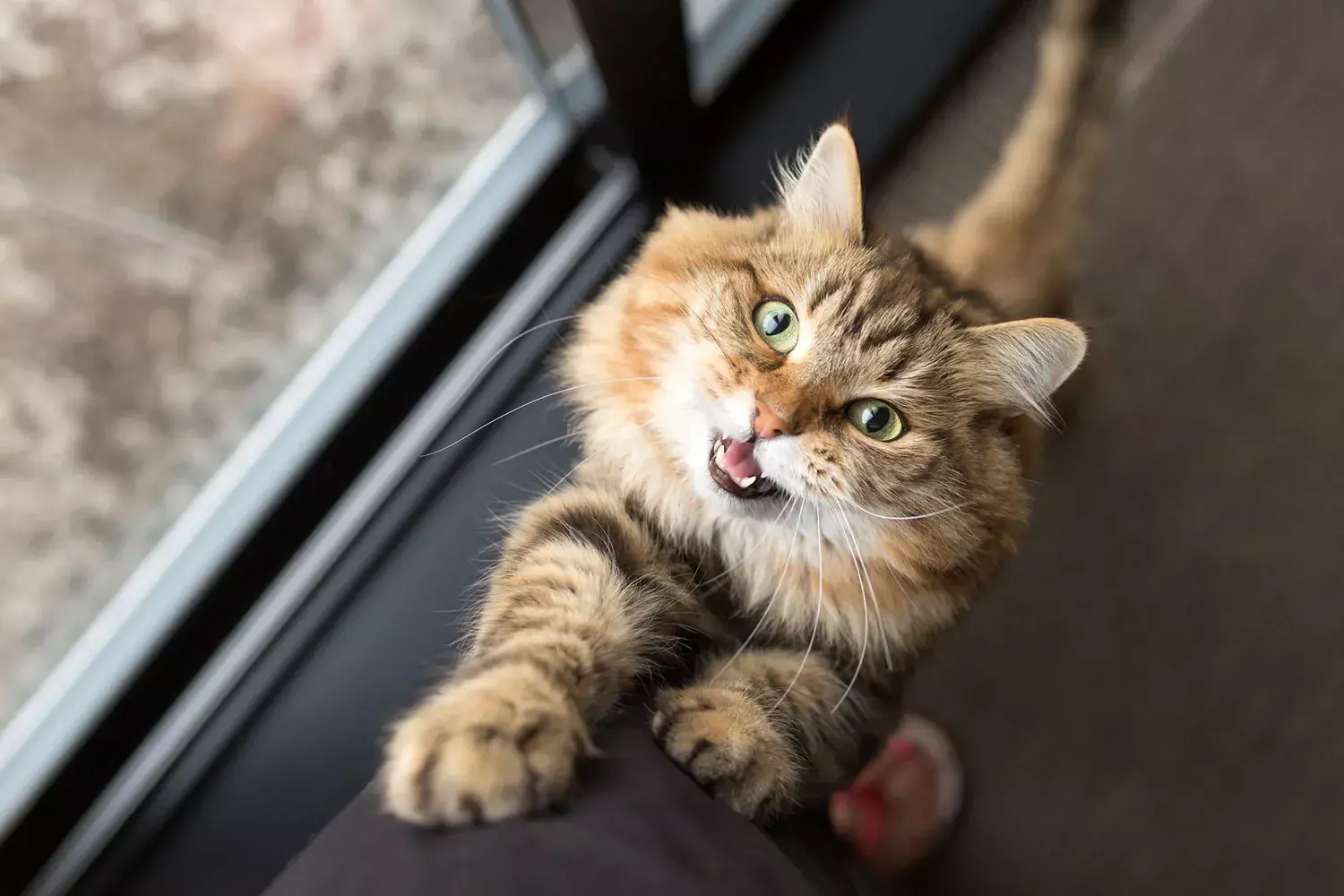
If you're concerned about some aspect of your cat's behavior, addressing it starts making sure your feline pal feels well. If you notice sudden, unexplained changes in your cat's behavior, consult your veterinarian to rule out medical causes for this change.
Fearful Cat Behaviors
According to Mikel Delgado, PhD, CAAB, who co-owns Feline Minds, a consultancy specializing in cat behavior, cats often become fearful due to exposure to unfamiliar or unpredictable stimuli, such as loud noises and sudden movements. Establishing a trusting bond with your cat requires avoiding any use of force or frustration.
Cats that perceive humans as intimidating may display several behaviors, including marking, swatting, vocalizing, and biting. Marking, typically done on vertical surfaces, helps alleviate a cat's anxiety or establish territory in an unfamiliar setting. Swatting with claws is a defensive response triggered by feelings of being trapped or frightened, or to maintain personal space. Vocalizations such as yowling, hissing, or spitting indicate feelings of threat or fear, with hissing often serving as a warning before biting occurs. Mature cats may resort to biting under conditions of extreme pain, panic, or frustration.
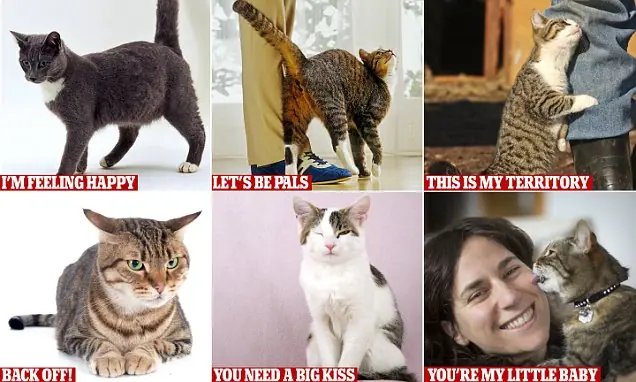
How to Recognize if Your Cat Feels Stressed
Cats expressing distress or feeling threatened may exhibit behaviors such as an arched back and raised hair, according to Delgado, co-author of "Total Cat Mojo." Delgado emphasizes the complexity of cat body language, noting that signals can vary between individuals. Common signs of stress in cats include dilated pupils, ear movements, tail swishing, and crouching with a tense body.
To better understand your cat's behavior, reference the provided chart. It's important for cat owners to maintain a stable environment and offer reassurance during times of stress, such as moving homes or visiting the veterinarian, to promote feelings of security in their feline companions, as suggested by Vitale.
Hunting Cat Behaviors
Despite being susceptible prey animals, cats exhibit adept hunting abilities. Their predatory instincts extend beyond catching mice and birds; even young kittens display playful "hunting" behavior by pouncing on hands and feet, occasionally catching owners off guard (watch out for those kitty claws hiding under the couch!). These playful interactions can sometimes result in scratches, particularly during energetic play sessions or pretend hunting expeditions.
Here are some behaviors cats may exhibit when they are on the prowl:
- Scratching: Cats use their nails to grab, grasp, and gouge prey.
- Predatory Play Biting: Cats kill their prey (or their favorite toy) with a swift bite to their neck.
- Vocalizing: Cats sometimes make a chirping sound while hunting and when prevented from stalking their prey.
- Ankle Ambush: Don't be surprised if your kitty ambushes your ankles when you least expect it. "Give your cat a different way to vent this predatory play," Sally Foote, DVM, says. "Toss a stuffed animal for your cat to 'kill' before you walk through the room. Tossing the food so the cat pounces on this will also teach the cat to put the 'kill' on the food."
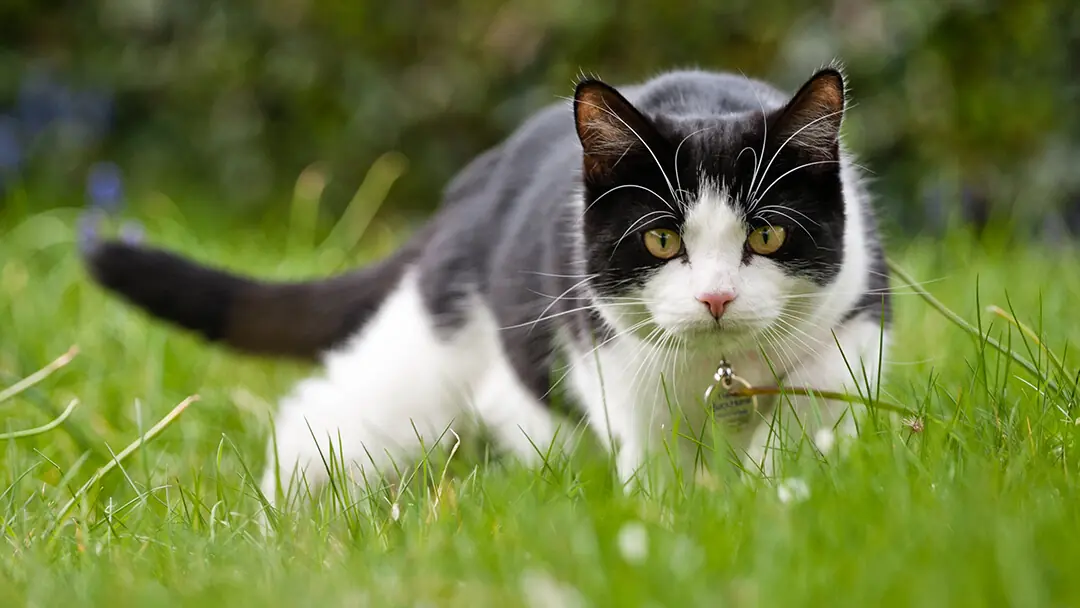
How to Recognize if Your Cat is on the Prowl
A cat exhibiting body language characterized by a direct, unwavering gaze, a rigidly lowered tail, and tense, elevated hindquarters indicates readiness to attack. According to Delgado, when cats feel predatory, they typically adopt a crouched position, fixating on their prey while remaining still. Their pupils may dilate, and whiskers extend forward. Additionally, they might emit a chattering sound towards their target and perform a small preparatory movement colloquially referred to as a "butt-wiggle" before launching into an attack if they decide to strike.
Affectionate Cat Behaviors
If you are patient, kind, and always prepared for your cat's everyday needs—you'll share a close bond and a lifetime of loving companionship with your feline companion. A study in Current Biology showed cats form attachments to their owners, just like dogs do. "The bond between human and cat is not all that different from the bond between parent and offspring," says Kristyn Vitale, PhD, a researcher at Oregon State University and the leader of the study.
Does Your Cat Love You? 10 Unique Ways Felines Say It
Here are some behaviors that a cat may exhibit when wanting some one-on-one time with their human parent:
- Headbutting: Headbutting, aka bunting, is one way cats show affection, greet, and mark their family. Leading with their heads, they bonk the people they love gently, smudging their scent along as they go.
- Vocalizing: If your cat's vocalizing to greet, interact, or get your attention, they trust you to listen. The all-purpose meow could be anything from a greeting, a request, or even a complaint.
- Slow Blinking: This non-verbal communication includes relaxed eyes and a slow blink. It's equivalent to a calm, loving gaze.
- Belly Displaying: A cat's rollover invites different interactions than a dog's but cane be an indicator your kitty wants your attention. A cat's belly skin is thin and highly sensitive, Ingrid Johnson, CCBC, says. For some cats, showing their belly doesn't mean they want you to pet it, though. If their belly is touched or scratched, they may feel the need to protect their vital organs and that may mean they use their claws (ouch!). It's for this reason Johnson suggests always petting or scratching a cat gently along their chin, ears, or head instead of reaching for their belly
- Kneading: Kittens would initially knead their mama's belly while nursing. When relaxing, many cats will knead blankets or even your skin as they drift off to sleep.
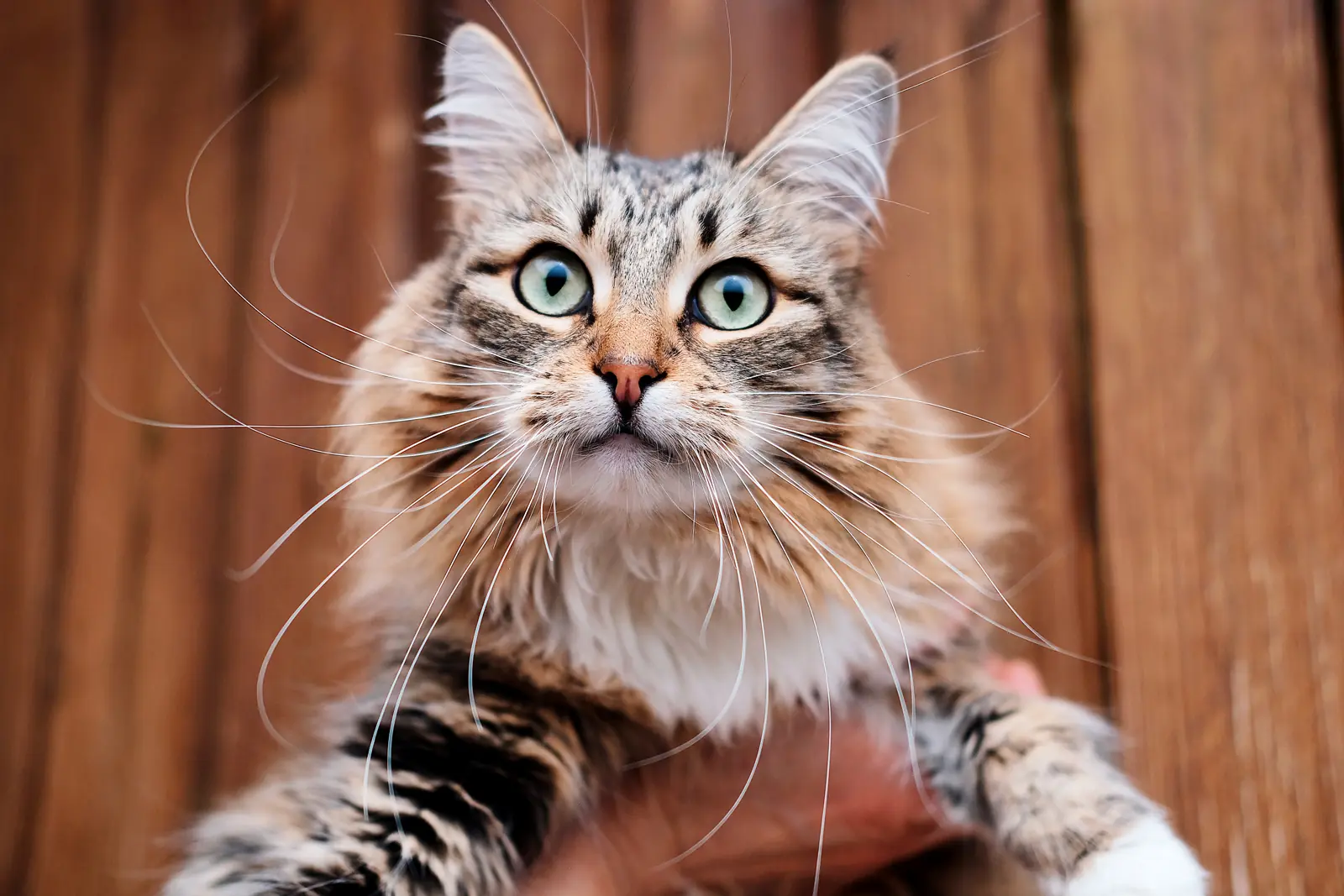
How to Recognize a Relaxed, Happy Cat
Furthermore, besides demonstrating the affectionate behaviors mentioned earlier, a contented cat's body language will indicate their trust. According to Delgado, "Relaxed cats may be lying on their sides or with their paws tucked, their eyes may be gently blinking." She adds, "Their ears and whiskers will be forward but not 'on alert.' You might even hear a purr!"
Not all cats express their feelings as openly and evidently as you might hope, so don't hesitate to seek assistance from a certified animal behavior consultant or a feline veterinary behaviorist to gain further insight into your feline companion. Your cat will appreciate your efforts in taking the time to understand their communication cues.
News in the same category


A Wedding Night That Changed Everything

2 things a man give you

Wife Refuses Divorce Because Her Husband Is "Too Handsome"

5 tiny signs someone has a crush on you

Boys' actions that girls like more than ma.ke lo.ve

The answer surprised many people

Who Is The Killer?

6 Reasons Cats Hate Water

Meowing Mayhem: Why Your Cat is Meowing So Much and What You Can Do About It
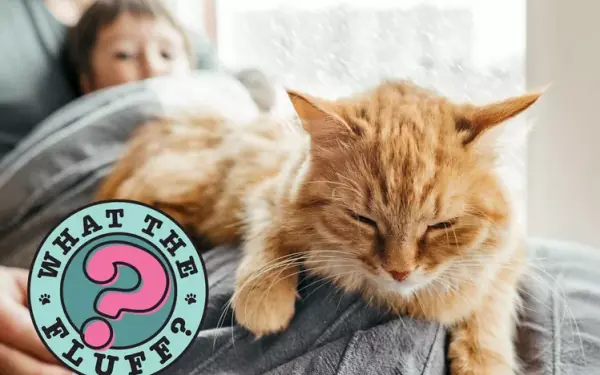
Why Do Cats Put Their Butt in Your Face? We Got to The Bottom of This Strange Behavior
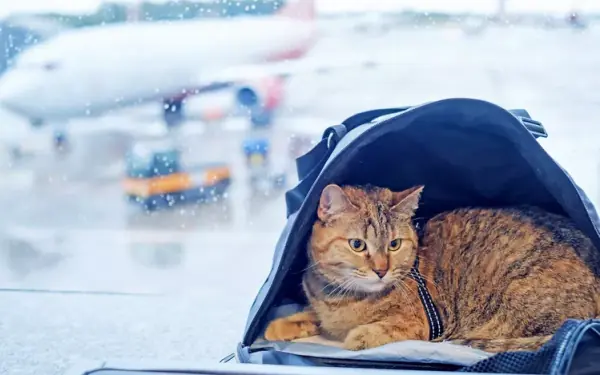
A Complete Guide to Flying With Your Cat on a Plane
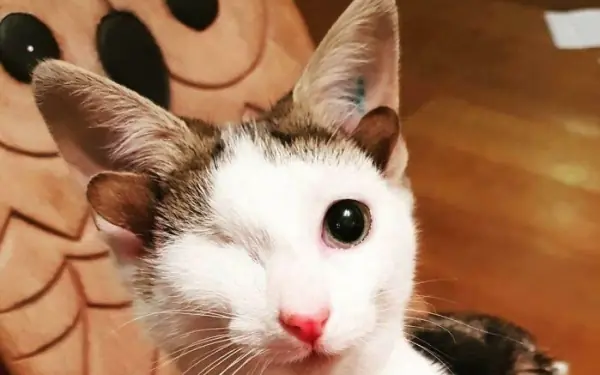
Frankie, The One-Eyed Four-Eared Wonder: A Tale of Perfect Imperfection
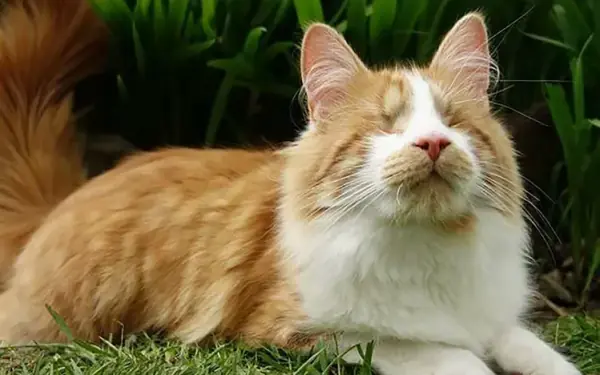
Carrots the Blind Therapy Cat Awarded Medal for Helping Hospice Patients
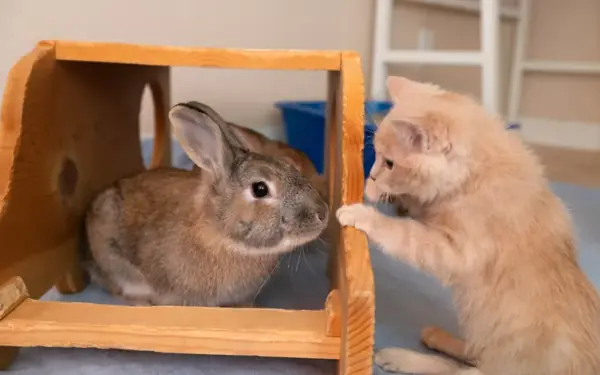
This Kitten Is Learning How To Use His Back Legs After Moving in With a Group of Bunnies
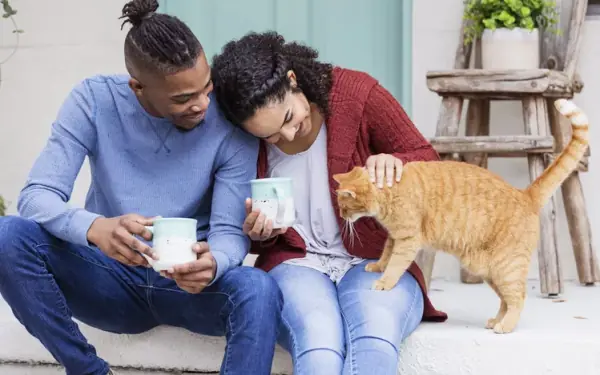
New Study Suggests There's a Good Reason to Baby Talk to Our Cats
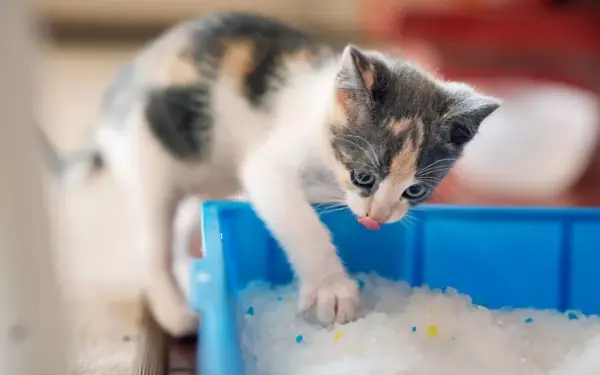
How Do Cats Know to Use the Litter Box? We've Got the Scoop
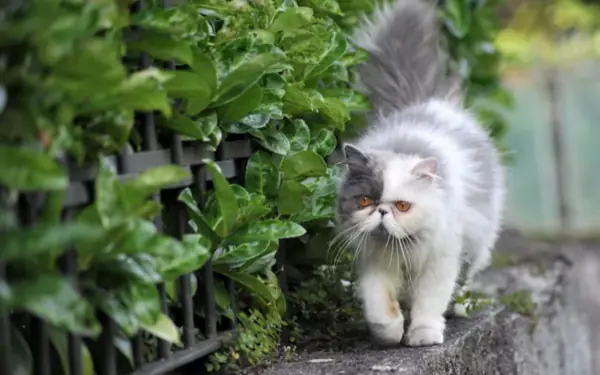
Indoor vs. Outdoor Cats: Should You Let Your Kitty Roam?
News Post

I was pre.gnant in high school. My parents shamed me and kicked me out of the house
I was pregn.ant in high school. My parents shamed me and kicked me out of the house

3 Areas of Body Pain That May Be Early Warning Signs of Can.cer
Recognizing unusual pain early could help detect serious illness sooner.

Warning: These 5 Groups Should Limit or Avoid Eating Eggs
Eggs are nutritious, but not everyone should eat them freely.

Why You Keep Waking Up at Night to Use the Bathroom — and the Simple Water Habit That Could Help
One of the most common reasons?

News At nineteen, she was given as a virgin to a lonely duke in exchange for a horse… On the doorstep of a small house, a father handed over his only daughter, pure and untouched
News At nineteen, she was given as a virgin to a lonely duke in exchange for a horse… On the doorstep of a small house, a father handed over his only daughter, pure and untouched

Pretend you’re my boyfriend, and I’ll give you the most precious thing I own…
Pretend you’re my boyfriend, and I’ll give you the most precious thing I own…

“If you manage to pay for the cheapest room, I’ll give you the luxury apartment for free!”
“If you manage to pay for the cheapest room, I’ll give you the luxury apartment for free!”

After an argument, my husband left me at a bus stop, with nothing but the rain to keep me company
After an argument, my husband left me at a bus stop, with nothing but the rain to keep me company

Is Broccoli Really Better Than Cauliflower? What Science Says About Cancer Risk and Heart Health
Broccoli vs. Cauliflower: Breaking Down the Real Health Benefits

How placing toilet paper in your refrigerator helps control unwanted smells
How can a roll of toilet paper inside the refrigerator reduce unpleasant smells?
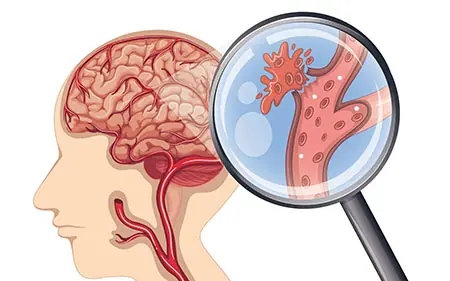
Don’t Dismiss These Signs — They Could Signal a Dea:dly Aneurysm
Life-Threatening Aneurysm Symptoms You Must Take Seriously
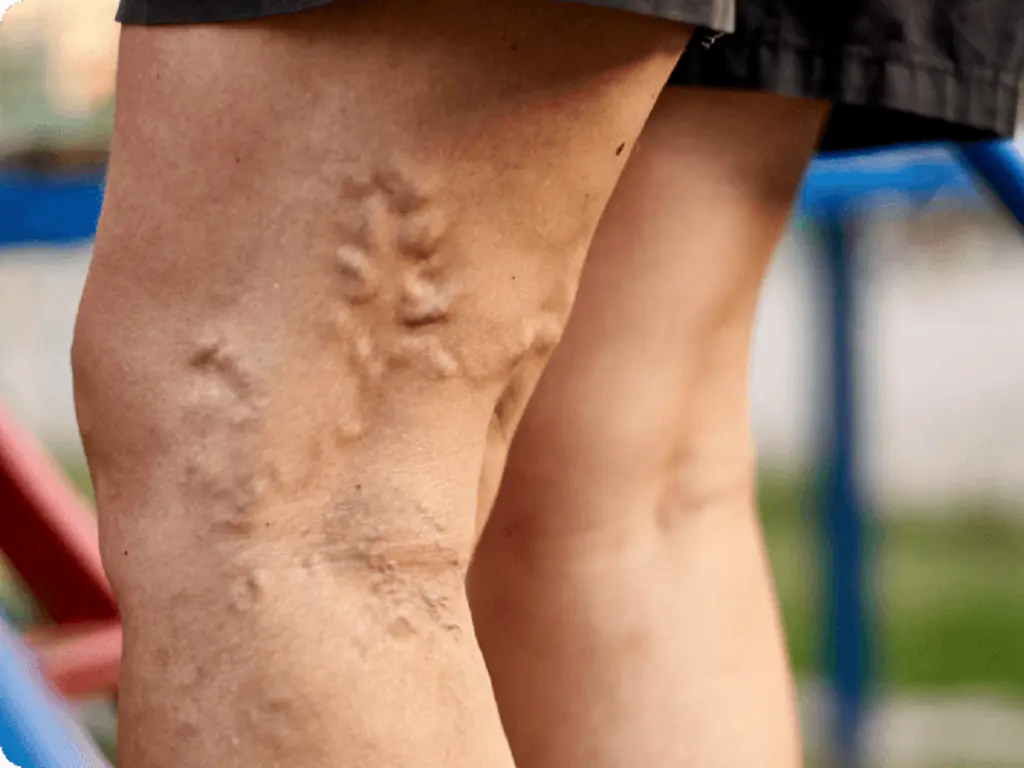
Are feet an "early warning sign" of cer.vical can.cer? Don't ignore these 4 situations
Don’t Dismiss These 4 Foot Changes — They Could Indicate Cervical Cancer

Four Signs Your Parent May Be Entering the Final Chapter — and What You Can Do Now
How to Recognize When a Parent Is in the Final Stage of Life and Prepare with Care

The Body Whispers First: Warning Signs of Bre.ast Can.cer That May Appear a Year Before Diagnosis
Understanding these early signs could mean the difference between early treatment and late-stage discovery.

Silent Warnings After Dark: 5 Diabetes Symptoms That Often Appear at Night
Diabetes rarely announces itself loudly at first.

Are Peanuts Always Healthy? Doctors Reveal the Surprising Truth
Health Experts Explain the Potential Risks of Eating Too Many Peanuts

She Ate Steamed Sweet Potatoes Every Day — But Her Liver Test Results Left Her in sh:ock
This “Healthy” Daily Food Choice Resulted in Concerning Liver Test Findings
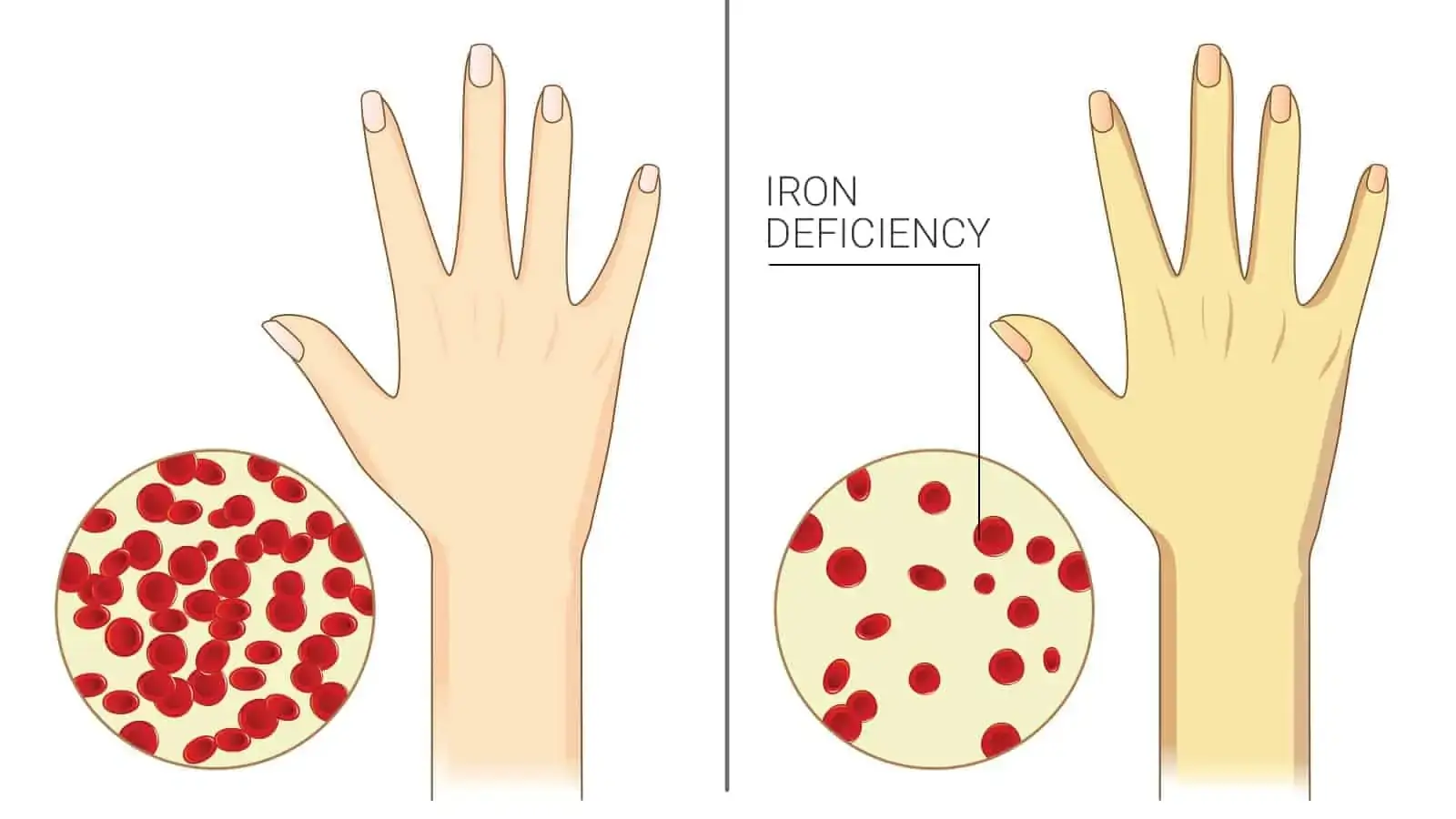
7 Signs of Chronic Iron Deficiency Most Women Ignore
Hidden but Harmful: 7 Signs of Chronic Iron Deficiency Women Often Miss

Moving to a new city felt scary until we built a home together
Moving to a new city felt scary until we built a home together
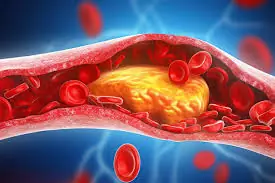
Hidden Dan:ger: The Subtle but Serious Signs of High Cholesterol You Can Actually See
High Cholesterol Can Show on Your Skin — Here’s What to Watch For